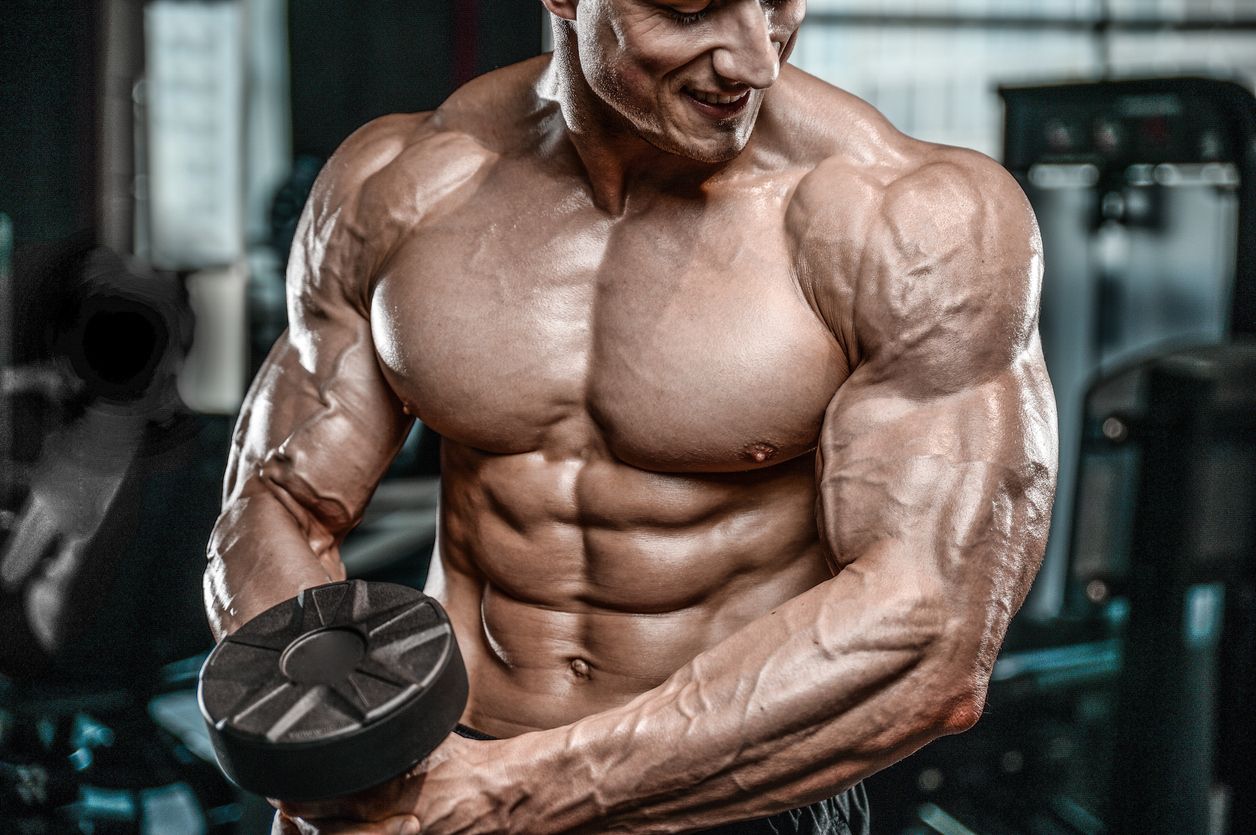Table of Contents
The transformation of fat mass into muscle is a new concept that has recently been pushed into fitness media, however, without explaining how it can be accomplished.
The real origin of this statement is unknown, but the fact is that it is a misinterpretation of the facts. Let’s face it. The truth is that fat mass cannot be converted into muscle. Really not! But under the right circumstances, we are able to burn fat mass and gain muscle.

Why is it like that?
Fats and muscles are completely different bioactive compounds. Fat is formed by triglycerides, and muscle consists of myofibrils, which unlike fat, contain smaller units called contractile proteins (actin and myosin) and nitrogen (active during muscle contraction).
Simply put, fats and muscles are very different bioactive compounds and, therefore, do not have the ability to change from one to another. However, the possibility of converting fat to muscle raises another important question: Is it possible to burn fat and gain muscle simultaneously?

It is ideal to focus on one or the other because they are completely the opposite. Fat burning is advantageous in the catabolic state in a caloric deficit (burn more calories than eat). On the other hand, muscle building is optimised in the anabolic state, that is when the body receives more calories (mainly in the form of protein) than burns.
Based on these facts, it seems impossible to burn fat and gain muscle at the same time. But the good news is that this can happen, but it requires a lot of effort and specific circumstances. So it is more challenging than if you were doing one or the other individually.
You might be interested in these products:
Caloric deficit and strength training
According to a scientific study, if you are overweight and you do not have lots of experience with exercising, the easiest way how to build muscles is by having a calorie deficit. It is because you have more body fat and your body has this way more energy resources (from fats). So your body will not be decomposing muscle amino acids. The reason why you see quick results is that you are not training regularly and your body is not used to the movement.
Such a scenario can create the illusion of converting fat into muscle, but the fact is that one burns fats and creates muscles in their place. However, it is way more complicated for athletes or people who train regularly, because they will see the results in a long time.
Probably the best strategy is, in addition to weight lifting, a calorie deficit (250 – 350 kcal) and maintaining your protein intake of 1.5 g per 1 kg of body weight per day. Trained individuals and athletes will require a much stricter calorie deficit (around 200 kcal) with a higher amount of protein, this being 2 g per 1 kg of body weight per day.

However, the most important is resistance training. Without it, even in a calorie deficit or excess, no muscle will be created. Some athletes may want different carbohydrate cycling. It is the alteration of high carbohydrate and low carbohydrate days, which means altering the days when you in excess with the days when you have a deficit – it will keep you on a diet regime easier.
We firmly believe that this article has succeeded in refuting the myth of converting fat into muscle. Unfortunately, there are many such and similar myths in the fitness industry, which is why we have also prepared the article Top 17 Myths about Eating in 2017, which is a large collection of myths about nutrition. We wish you a pleasant reading! If you liked the article, please like it or support it by sharing.

